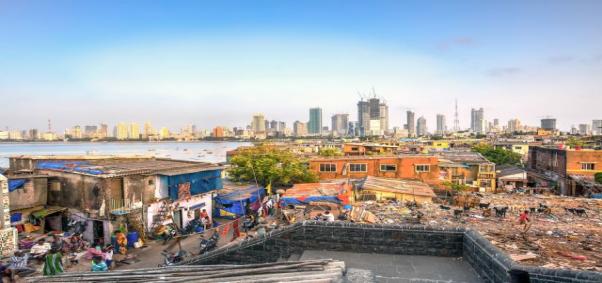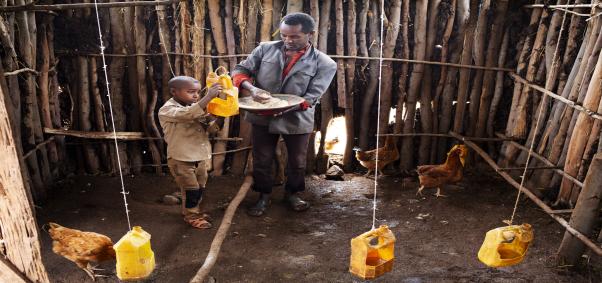Filters
With help, Africa can revitalise its economy under a new and resilient green framework, writes Carlos Lopes.
Governments must build back better after the COVID-19 crisis via inclusive, green and resilient growth, writes Helen Mountford
Enhanced nationally determined contributions can forge the way towards a more inclusive, resilient and sustainable world after COVID-19 – and the world’s major emitters should lead the way, writes Helen Mountford.
We must improve lives by shifting away from dirty, carbon-intensive industries. Low-income regions cannot do this alone. The world’s developed economies must invest in a better way, a more just way, writes Ngozi Okonjo Iweala.
African governments should strengthen strategies and policies aimed at encouraging the transition to a new climate economy and increasing investment in clean energy. By phasing out fossil fuels, Africa can lead by example in the global effort to combat climate change, writes Carlos Lopes.
2020 provides a unique opportunity for African leaders to simultaneously address the risks of political instability, pressing development needs, and the impacts of climate change. This process clearly can – and must – target social and economic benefits to enhance equity and improve the livelihoods of the poor, writes Ngozi Okonjo-Iweala.






